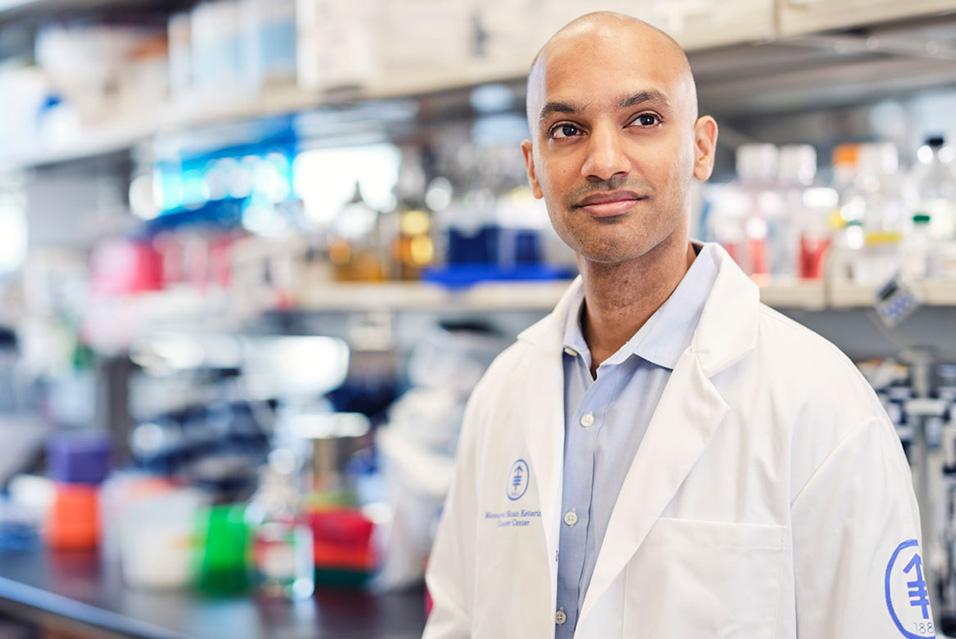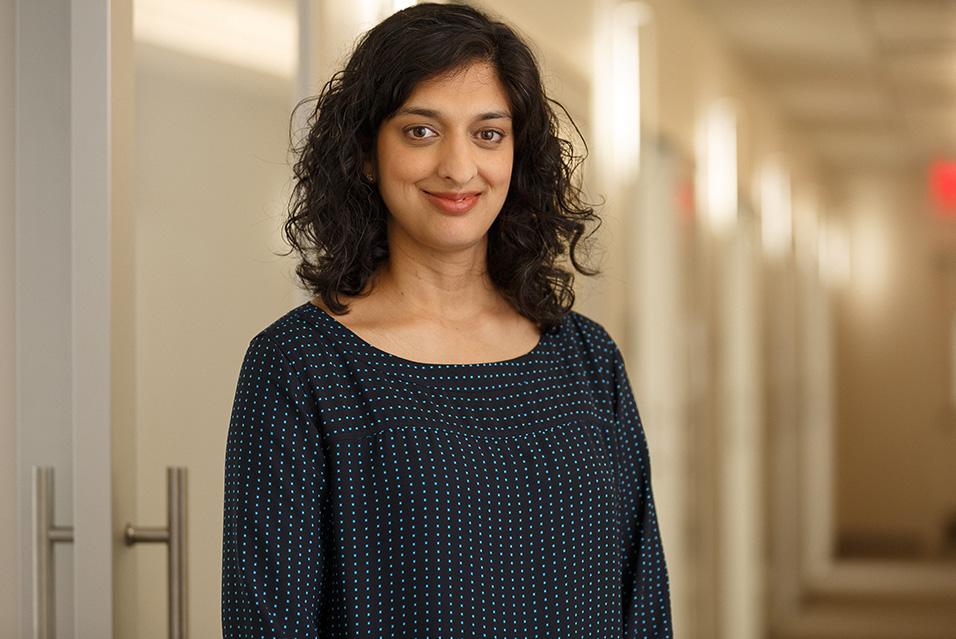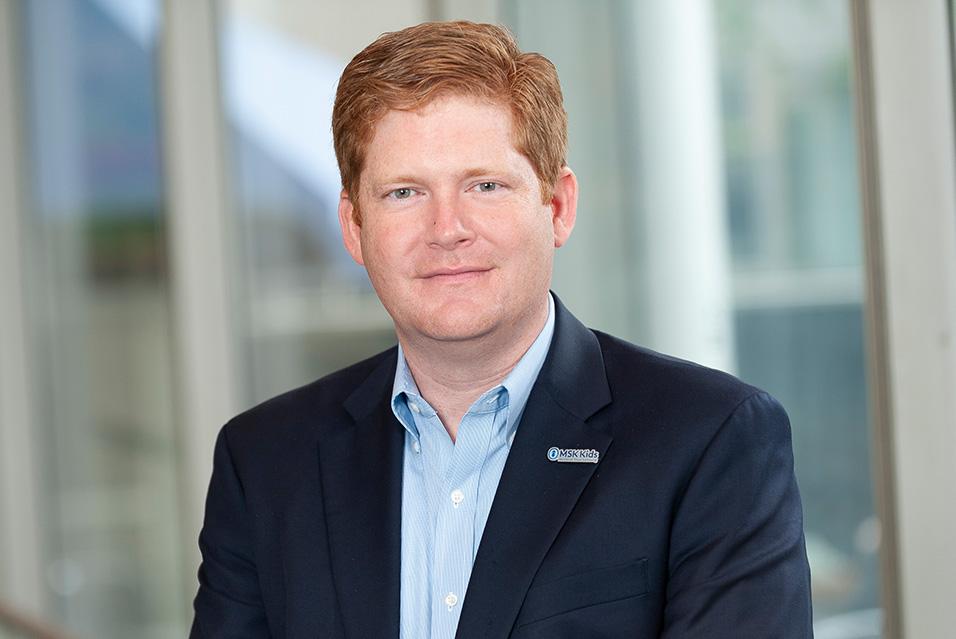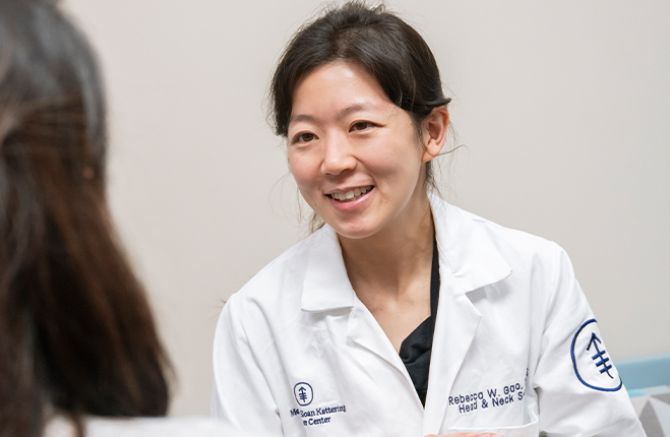The Impact of Comedy vs Cancer
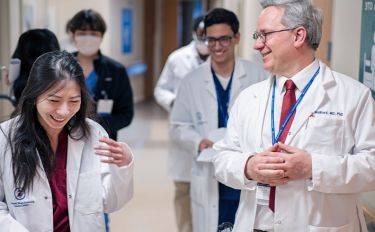
Setting the stage for new breakthroughs
Your support empowers MSK doctors and scientists to push boundaries and transform how the world understands, diagnoses, and treats blood cancers.
Advancing immunotherapy research
Fueled by Comedy vs Cancer, MSK researchers are pioneering advances in immunotherapy, which uses a patient’s own immune system to fight cancer cells. Today, this treatment technology is one of the most promising defenses against blood cancer.
Tackling the most common type of leukemia
Comedy vs Cancer and MSK are working hard to improve outcomes for people with acute myeloid leukemia (AML), which is caused by the uncontrolled growth of abnormal immature blood cells in the bone marrow. More than 20,000 children and adults in the United States are diagnosed with AML every year, but fewer than 30% of patients with the disease survive five years after diagnosis.
Igniting innovative research
Comedy vs Cancer plays such an important role in spurring advances in blood cancer treatment because funding is limited for most early-stage blood cancer studies. Without sufficient financial resources, researchers can spend years trying to get innovative ideas off the ground.
Impact in action
Who you support
New research projects funded by Comedy vs Cancer
Protecting the gut
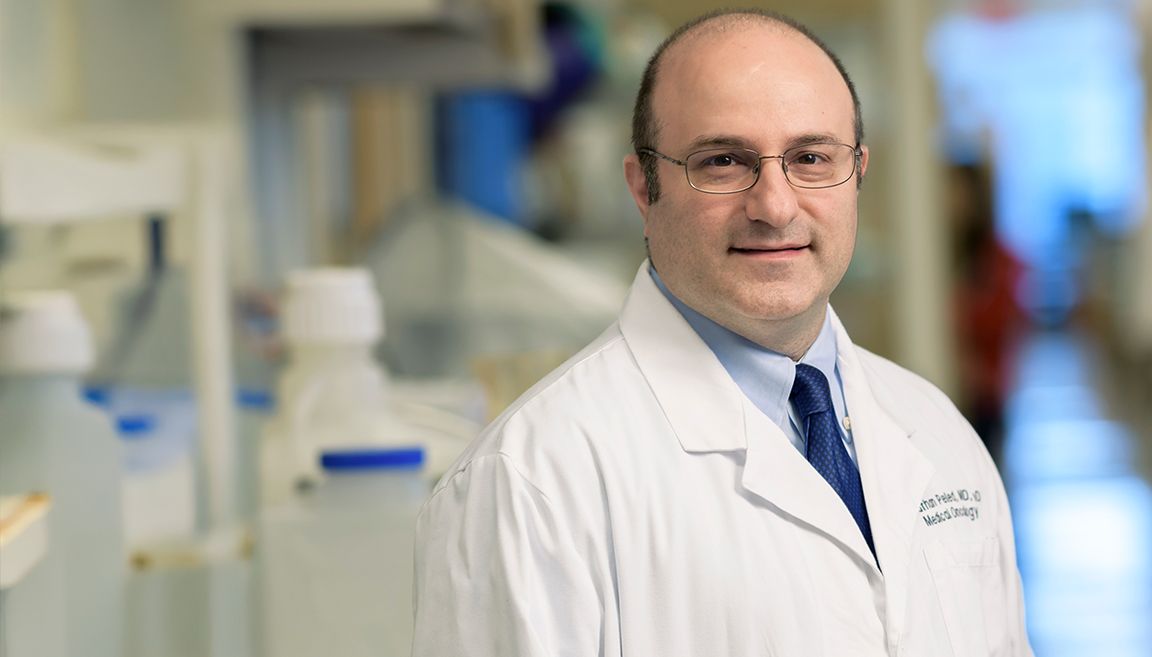
Jonathan Peled, MD, PhD, is investigating how certain foods, especially those containing sugars like lactose and sucrose, might fuel the growth of harmful gut bacteria in patients undergoing bone marrow transplants.
Investigating lifestyle changes
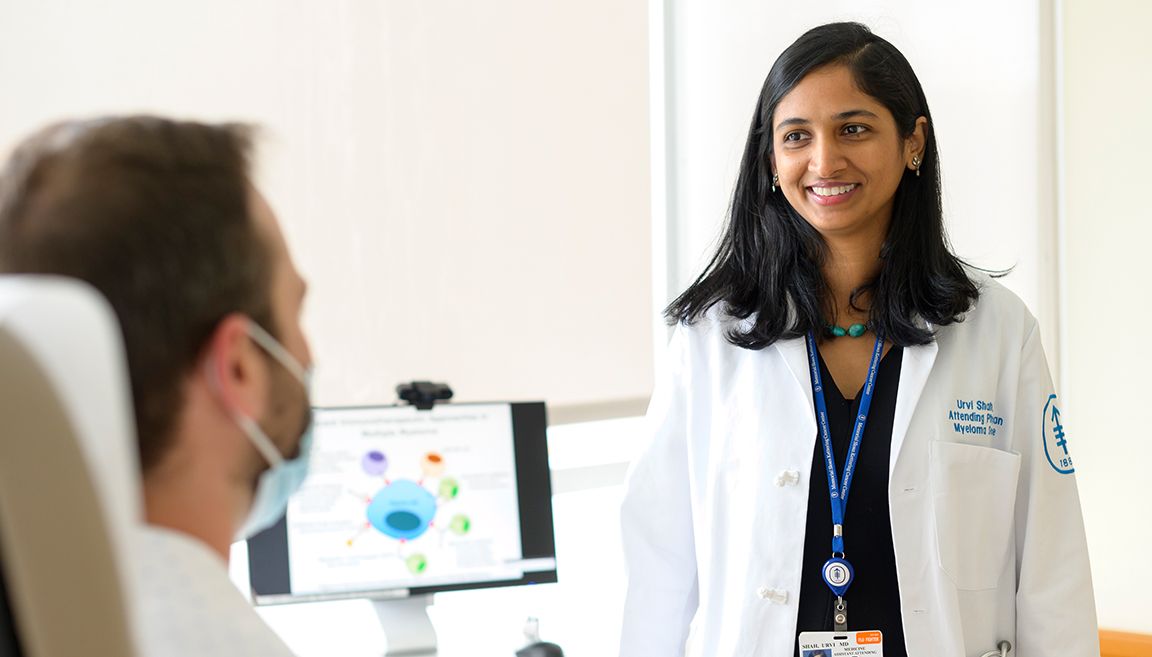
Urvi Shah, MD, MS, and Kylee Maclachlan, MBChB, PhD, are examining how factors such as diet, gut health, and metabolic conditions influence immune function and inflammation in people with precursor stages of multiple myeloma.
Harnessing hybrid immune cells
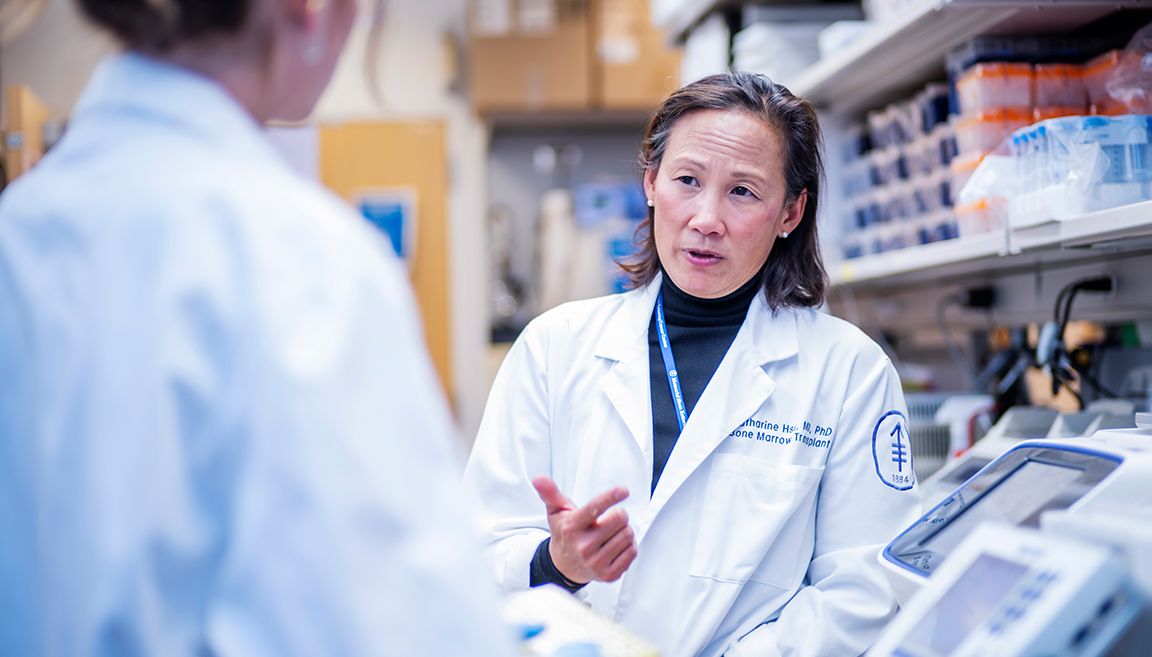
Katharine Hsu, MD, PhD, is developing a new immunotherapy using T KLR cells to treat aggressive blood cancers like acute myeloid leukemia.
Leveraging the immune system

Susan De Wolf, MD, is examining bone marrow samples to learn how the immune system changes over time in people who develop secondary acute myeloid leukemia.
Designing CAR T cells
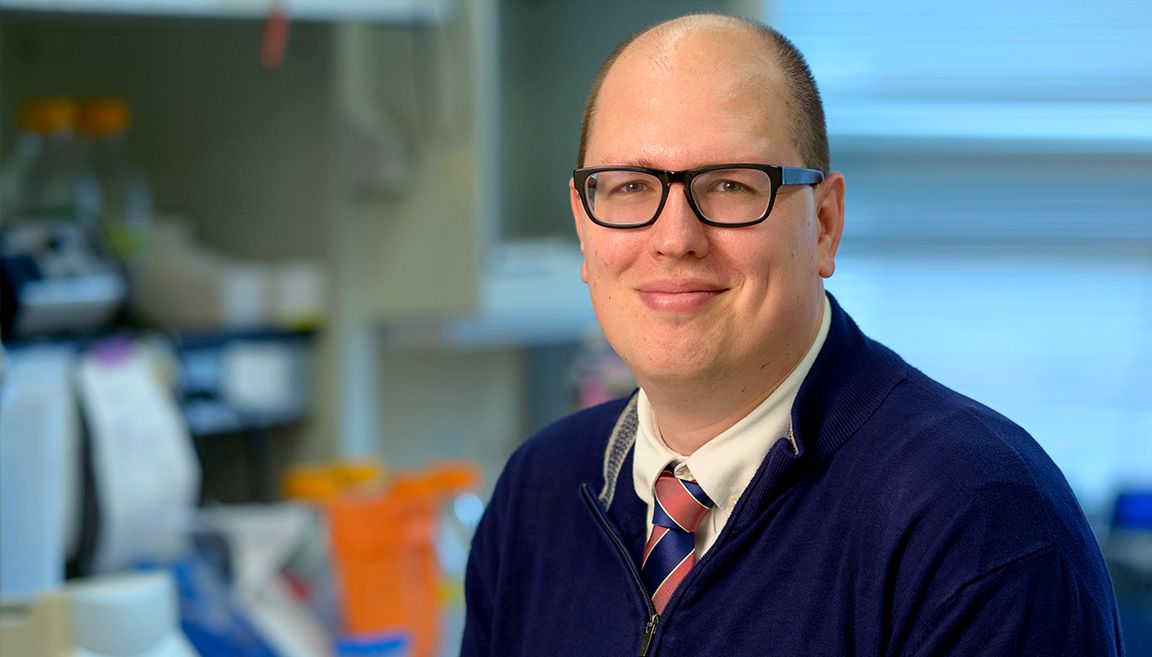
Karlo Perica, MD, PhD, is developing a new chimeric antigen receptor (CAR) T cell therapy for multiple myeloma that uses lipid nanoparticles to deliver engineered immune cells directly into the patient.
